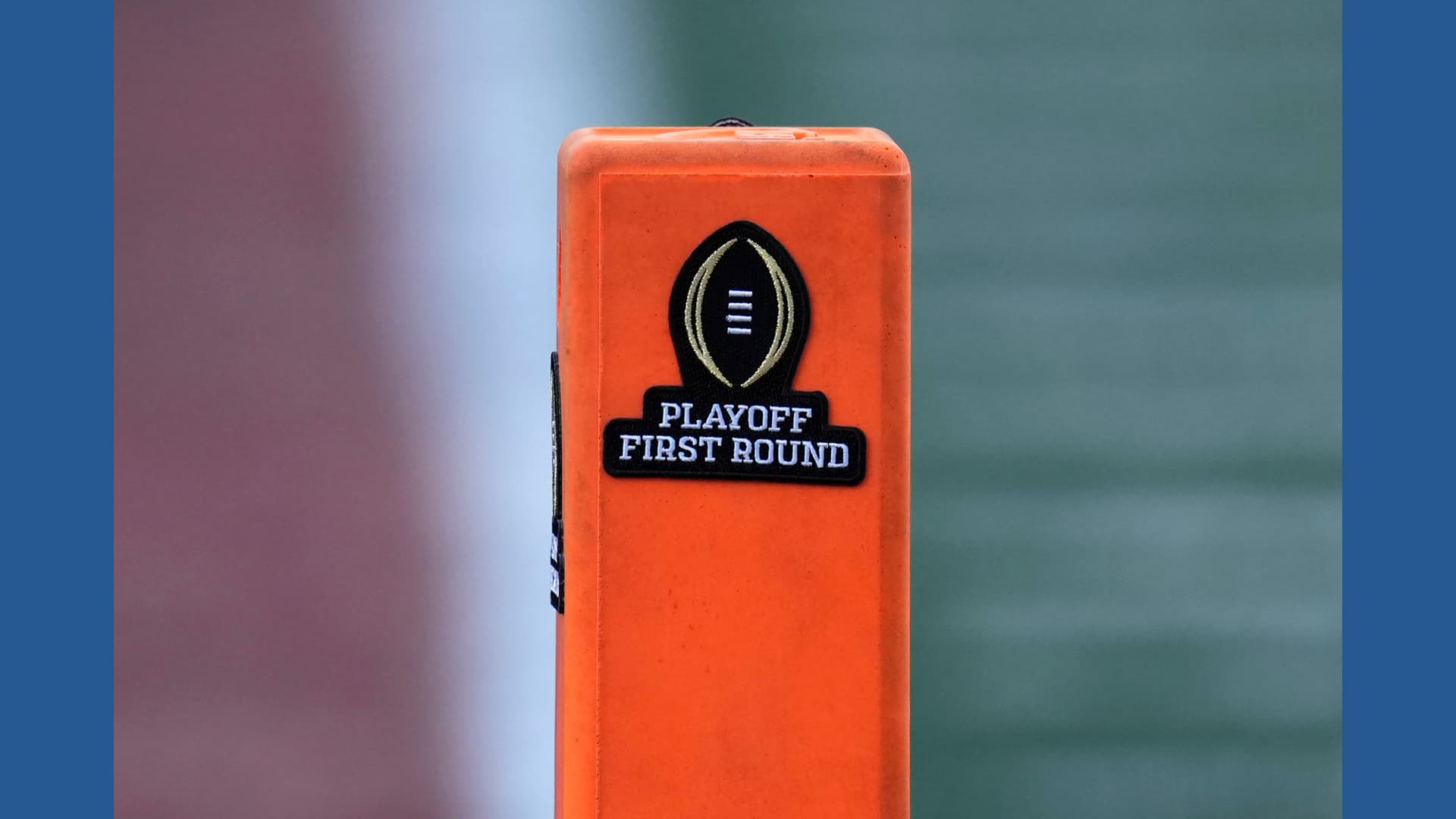Sinner Joins Federer, Djokovic, Wawrinka at ATP Finals, Signals New Era
Jannik Sinner has matched a rare ATP Finals achievement shared by Roger Federer, Novak Djokovic, and Stan Wawrinka, elevating his status among the sport's elite and reshaping commercial and cultural conversations around tennis. The moment is complicated by ongoing scrutiny over a doping case, and remarks from Djokovic and reflections from Carlos Alcaraz underline how talent, reputation, and fraternity are shaping the next chapter of the game.
Listen to Article
Click play to generate audio

Jannik Sinner’s latest milestone at the ATP Finals cements him in a lineage that includes Roger Federer, Novak Djokovic, and Stan Wawrinka, a trio whose names define elite modern tennis. Achieving what those champions once did on tennis’s distinctive indoor stage puts Sinner in rarefied company, and it comes at a pivotal moment for a sport negotiating generational change, commercial expansion, and questions of athlete accountability.
On court, Sinner’s game has matured into a blend of power and tactical variety that can stand up under the pressure of season-ending stakes. His footwork, serve placement, and ability to construct points from both wings have shown the incremental improvements that separate contenders from champions. The ATP Finals has traditionally rewarded adaptability and court craft, and Sinner’s performance against top opposition revealed an athlete capable of shifting tempos and imposing his will late in the season. For fans and sponsors alike, that translates into greater visibility and a more compelling narrative about tennis’s next global ambassador.
Off court the narrative is more conflicted. Novak Djokovic has publicly suggested that investigations into Sinner’s alleged doping matter will leave a long lasting impression and follow the young Italian’s career. Such commentary from one of the sport’s most influential figures amplifies the reputational stakes. In an era when sponsors and governing bodies are wary of association with controversy, an unresolved case does real commercial and ethical damage even as it raises debate about due process and the weight of public opinion.
Complicating the picture further is the tone coming from within the current generation of players. Carlos Alcaraz has shared reflections on training sessions with Sinner, underscoring a spirit of mutual improvement and rivalry that promises to fuel high quality tennis for years. That camaraderie matters to the sport’s long term health. Top level matches and shared practice sessions create storylines that draw audiences and broadcasters, and they ease the transition from one superstar era to the next.
For the tennis industry, Sinner’s rise is a commercial boon. Broadcasters seeking marquee draws, brands looking for youthful international faces, and tournament promoters craving competitive finals all stand to benefit. Italy’s sporting landscape will likely embrace him as part of a broader renaissance that includes strong showings across multiple disciplines. Yet the shadow of the doping scrutiny serves as a reminder that reputation is as fragile as performance is durable.
What Sinner’s ATP Finals milestone ultimately signifies is less about a single trophy and more about role and responsibility. He now occupies a space that carries commercial opportunity and cultural influence, but also heightened scrutiny. The interplay of athletic excellence, governance, and peer dynamics will determine whether this achievement becomes a foundation for an enduring legacy or a chapter complicated by controversy. For tennis lovers and the wider public, the unfolding story will test how sport balances the thrill of ascent with demands for integrity.

_0.png&w=1920&q=75)
